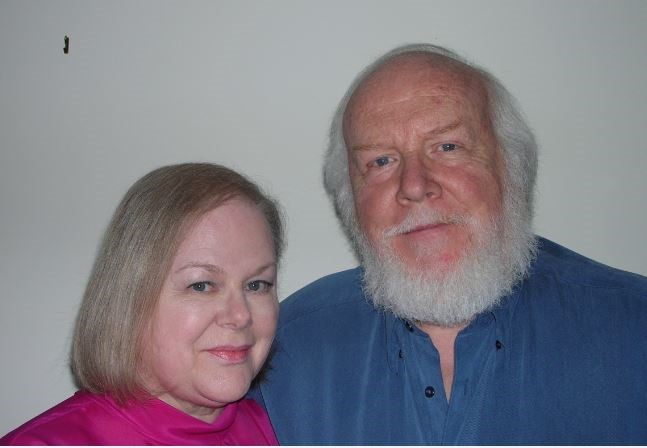Over the history of our city and province there have been a few discussions about the names of the province and New Westminster and whether or not a change might be in order. In the city, there have also been times when the nickname “Royal City” triggered comments about the appropriateness of the term and whether it should continue to be used.
There was also a time when the term “Sapperton” was considered by some to not be advantageous to business, property sales and promotion. It was actually changed for a period of time to North Westminster, but it wasn’t really very long before the old name with all its historical connections was returned.
In early spring of 1888, there was a suggestion by some that the name of the city should have the “New” removed and just continue with the “Westminster.” An article in the local newspaper, The British Columbian, pointed out, in some fairly unsubtle language, just what they thought of the suggested change.
Under the heading “Curtailing Names” we read: “A few would-be smart people in this city are urging the elimination of the word ‘New’ from the name of our city. Such an alteration may be popular with some of our people, but, we trust it is not accepted by the majority.”
The author of the piece cited a couple of examples of potential confusion in city names. He noted that Vancouver should probably have added a “New” to its name so that mail and items for this Lower Mainland town would not end up in Vancouver, Washington. Also noted was New South Wales and the problem that would have ensued should it have been changed to just South Wales.
Attention was then pulled back to New Westminster and the discussion surrounding its name: “There are several Westminsters in the neighbouring states, notably in California. People don’t always add ‘B.C.’ or ‘Cal.’ as the case may be, and in the event of a change, letters will inevitably be sent to the wrong destination. If we adopt the idea of cutting off prefixes, we may as well go the entire length in that respect and leave out the word ‘British’ in the name of this province.”
At that point, the author of the 1888 article wrapped up the piece with a more personal comment aimed directly at those who were suggesting changes. The article ends: “There seems in this desire for change to be a kind of puerile straining after novelty that is always a characteristic of small minds.”



